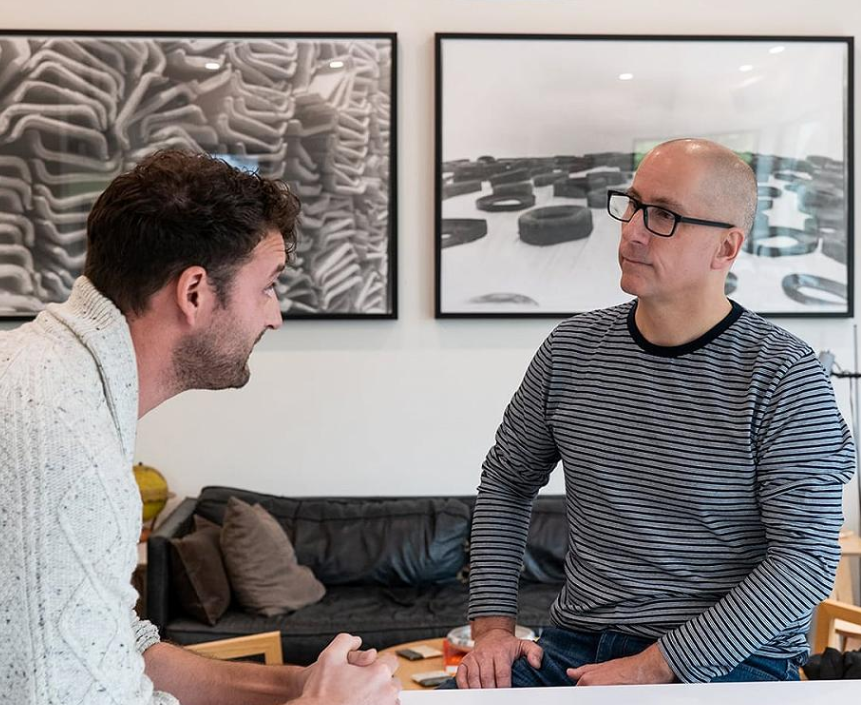In the heart of Vancouver Island, Nanaimo in addiction clinic settings is emerging as a hub for progressive and compassionate care for individuals battling substance use disorders. Central to this care is the practice of addiction counselling, a critical component in addressing not just the symptoms of addiction, but its root causes. As clinics across Nanaimo evolve to meet increasing demand, their commitment to therapeutic support remains at the forefront.
Understanding Addiction Counselling
What Is Addiction Counselling?
Addiction counselling is a structured therapeutic process designed to help individuals understand and overcome their dependency on substances. It involves identifying triggers, reshaping thought patterns, developing coping strategies, and restoring relationships. Delivered by trained professionals, this form of therapy can take place in individual, group, or family settings.
The Goals of Counselling
The core objectives of addiction counselling include:
-
Promoting abstinence or harm
reduction
-
Enhancing emotional resilience
-
Rebuilding personal and social
functioning
-
Preventing relapse through continued
support
Why Nanaimo? A Look at Local Support Systems
A Growing Need in a Growing City
Nanaimo, like many Canadian communities, faces growing challenges related to addiction. With increased availability of opioids and other substances, local services are adapting to provide comprehensive care. Clinics that specialise in addiction counselling are stepping up to offer support that is both accessible and effective.
Community-Focused Clinics
Many Nanaimo in addiction clinic networks prioritise community involvement, understanding that addiction is not just a personal issue but a social one. These clinics often partner with local organisations, housing providers, and employment services to create a holistic recovery ecosystem.
The Structure of Counselling Services in Nanaimo
Initial Assessment and Personalised Care Plans
Every counselling journey begins with a thorough assessment. This allows clinicians to understand the individual's history, mental health background, and recovery goals. From there, a customised care plan is developed, often integrating:
-
Individual therapy
-
Group counselling
-
Cognitive behavioural therapy (CBT)
-
Trauma-informed care
-
Holistic therapies (e.g., art
therapy, mindfulness)
Flexibility and Accessibility
Clinics offering addiction counselling in Nanaimo are increasingly providing flexible scheduling, sliding-scale fees, and online session options. These enhancements ensure that help is available to those who need it most, regardless of their circumstances.
Key Benefits of Professional Counselling
Empowerment Through Understanding
Counselling helps clients better understand the psychological and emotional factors behind their addiction. This awareness is the first step toward sustainable recovery and a healthier lifestyle.
Support Systems That Last
One of the greatest assets of consistent counselling is the development of a support system. Whether through peer groups or regular sessions with a dedicated therapist, these connections provide ongoing motivation and accountability.
Prevention of Relapse
Relapse is often a part of the recovery journey. However, individuals who engage in regular addiction counselling are better equipped to manage stress, recognise triggers, and use tools that prevent them from falling back into substance use.
The Role of Counsellors in Recovery
Trained Professionals Who Care
Counsellors working in Nanaimo in addiction clinic settings are not only academically trained but also deeply empathetic. Many have firsthand or close experience with addiction, bringing authenticity and understanding to their work.
Building Trust and Safety
A therapeutic relationship is built on trust. Counsellors create a safe, non-judgemental space where clients can speak openly about their struggles. This supportive environment is crucial for effective healing.
Integrative Therapies in Nanaimo Clinics
Holistic and Cultural Sensitivity
Many clinics incorporate Indigenous healing practices, spiritual guidance, and wellness activities to support the whole person. These integrative approaches help clients feel respected and understood within the context of their culture and identity.
Alternative Approaches
Beyond traditional talk therapy, addiction counselling may include:
-
Art and music therapy
-
Yoga and meditation
- Nature-based therapies These options can be particularly effective for individuals who have difficulty expressing themselves through words alone.
Family and Community Involvement
Healing Beyond the Individual
Addiction affects entire families. That’s why Nanaimo in addiction clinic services often include family counselling sessions. These sessions help rebuild trust, educate loved ones, and teach new communication strategies.
Community Resources and Aftercare
Post-treatment support is just as important as in-treatment care. Clinics connect clients with resources like sober housing, job training, and peer mentorship programmes to support long-term success.
Challenges and Opportunities
Addressing Stigma
Despite progress, stigma around addiction still exists. Clinics and counsellors in Nanaimo are actively working to break down these barriers through public education and advocacy.
Expanding Access
There is an ongoing need to expand access to addiction counselling services, particularly for youth, Indigenous communities, and rural populations. New funding models and government support could play a crucial role in this effort.

Conclusion: A Path Forward with Compassion
Addiction counselling remains a cornerstone of recovery, and the clinics of Nanaimo in addiction clinic environments are proving how vital it is to approach this issue with empathy and community spirit. By addressing both the psychological and practical aspects of addiction, these clinics are helping individuals not just to survive, but to truly thrive.
If you or someone you love is battling addiction, know that compassionate, professional help is available in Nanaimo. Through counselling, healing is possible—one conversation, one session, one day at a time.